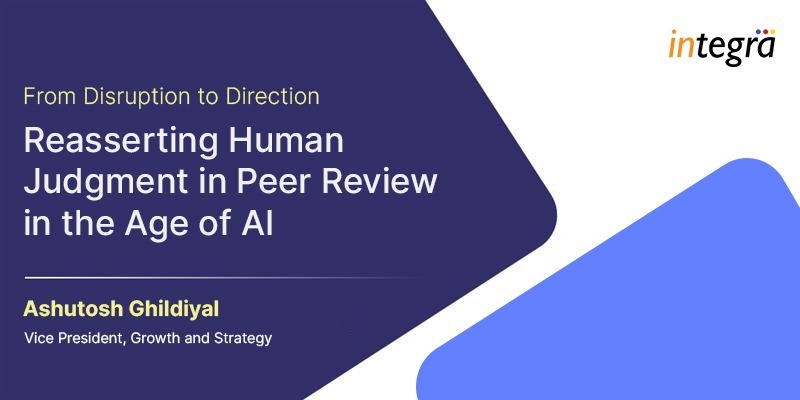Conversations on Diversity & Inclusivity Part 1: An Emerging Learning and Development (L&D) Priority

In the face of a global event, the world undergoes tectonic shifts. The world and democracy as we know it today are a product of the aftermath of World War II. Likewise, the pandemic is a global event that will continue to define us and our choices for several years to come. In the context of the pandemic and the emerging composition of employee mix, The Great Resignation is a trend impacting business in a scale and industry-agnostic manner. We must ask ourselves, why are people resigning, and why are they leaving now?
The answers to those questions lead us to a much larger question- who are we as people, now that we have experienced a world event?
Today, organizations planning their Learning and Development efforts must consider two individual-level aspects:
- The entry of a new generation of workers into the system. These employees are digitally-native, have grown up observing the impact of existing economies, and primarily hold perspectives that might seem alien to today’s corporate world.
- The changing priorities of existing workers. People have begun to realize that work can be accomplished even remotely and that work does not always figure first in the order of priorities.
In our current social context, movements like Black Lives Matter, and our evolving understanding of workplace harassment, it becomes clear that a rigid L&D approach that focuses on skill delivery at the expense of its cultural relevance is no longer relevant. We believe that the most significant shift in the corporate learning space will come from, and as a consequence, a more nuanced understanding of diversity and inclusion. The United Nations has a Women’s Empowerment Principles (WEPs) program that supports corporate initiatives towards diversity in developing nations, essentially signaling that the world at large is ready for such a shift.
With this background, let us understand what the terms diversity and inclusion mean in the context of corporate learning and development.
Diversity and Inclusivity In The Context Of Corporate Learning
According to the University of Delaware’s Center For Teaching And Assessment Of Learning, diversity recognizes multiple opinions. At the same time, inclusion creates an environment in which these opinions can be heard and shared. Equity takes us one step further- it allows us to see these differing perspectives as valuable and proposes that we would be at a loss without them.
Likewise, organizations looking to build a culture of Diversity and Inclusion through learning interventions must also recognize that this is essentially a three-step process.
- Creating systems and structures that allow for ease of sharing. These may come in the form of mediated brainstorming sessions, encouraging the quietest people to speak up, and hiring for diversity as a norm rather than an exception.
- Backing these systems up with a flatter organizational hierarchy that allows everyone to be heard and developing programs that encourage a better understanding of diversity.
- Over time, encouraging those in minority groups to pursue learning models that help them go after leadership positions.
Making The Change: Stability vs. Dynamism In Corporate Learning
In a September 2020 article from McKinsey & Company, the authors call out the pandemic’s impact and why our existing learning models may be too rigid to allow for any change at all. The article proposes a stability vs. dynamism model for corporate learning that enables new ideas to grow while preserving the best practices of existing models. Under the dynamic umbrella, we have aspects like learning in the flow of work and developing strong learning networks.
In this context and our outlook of the future of work, we believe diversity and inclusivity can be one of the core organizational foundations in the future. Every organization can establish diversity markers that guide what is and isn’t acceptable in the new culture. The dynamic elements can then be layered atop this foundation by delivering learning programs to achieve business objectives, establishing mentoring programs that foster better workplace relationships, and reviewing all existing and planned content against set diversity markers.
Why Do It Now?
The need to develop a more diverse and inclusive workplace has been understood as early as 1964, when a documented report of diversity training exists. Why are we still seeing diversity in corporate L&D as a continuing topic over five decades? Several factors come into play here, such as:
- A change in the diversity of today’s workplace when compared with the eighties: for several years, the need for diversity wasn’t felt beyond its legal implications.
- A shift in working models: today’s most valuable worker is a knowledge worker, and it is only now that we understand how much diversity matters in that context.
- Conversations around race: We understand today that the concept of race is highly irrelevant, and yet some suffer generational trauma. It is no longer enough to make diversity a box to tick, and companies know this.
- The pandemic-exacerbated differences: Every individual’s lived experience is different. We have seen this with our co-workers these past couple of years. It makes everyone question why our workplaces are so uncomfortably similar in their expectations when we are all so different.
- A more aware workforce: Today, every brand has a digital front, and its policies directly impact its sales.
As a result, relegating diversity and inclusion to just one training program is no longer sufficient, and organizations are looking for a cultural shift from within.
Making diversity a part of all learning interventions, as opposed to just another training program, is the need of the hour. Education is a powerful tool in creating social change, and boardrooms should be no exception. All future-focused organizations would do well to consider diversity in the context of their existing culture. Organizations that do this sooner will attract and retain better talent aligned with similar values and develop a strong brand that will serve them for years to come.
Recent Blogs

Print, Pedagogy, and AI: The New Architecture of Educational Publishing

From Disruption to Direction: Reasserting Human Judgment in Peer Review in the Age of AI


